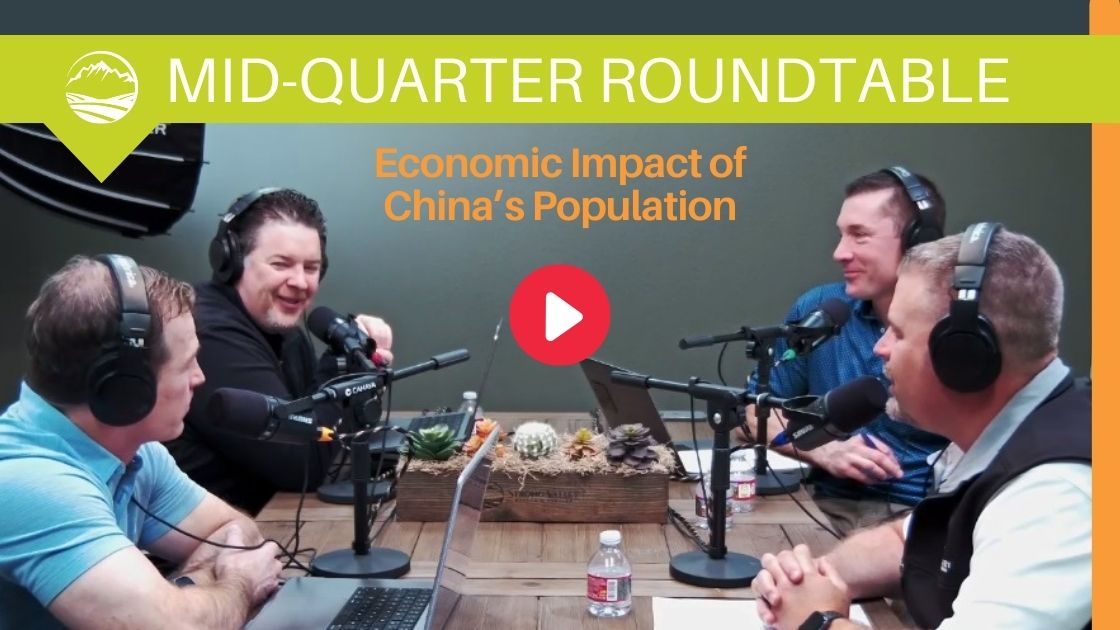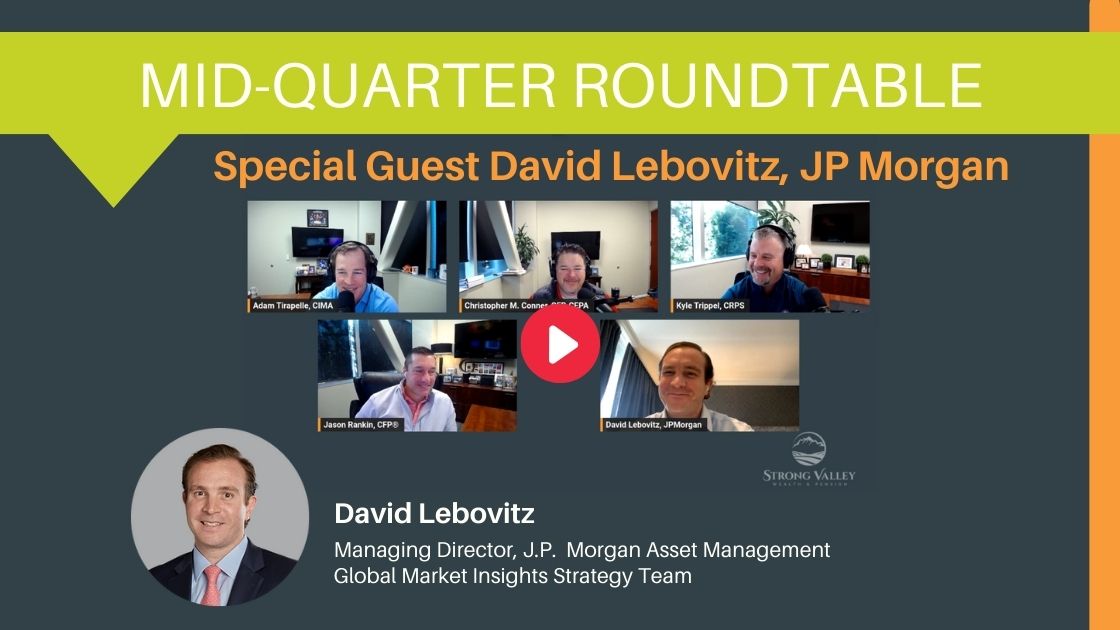You are now leaving the Strong Valley Wealth & Pension, LLC ("Strong Valley") website. By clicking on the "Schwab Alliance Access" link below you will be entering the Charles Schwab & Co., Inc. (“Schwab”) Website. Schwab is a registered broker-dealer, and is not affiliated with Strong Valley or any advisor(s) whose name(s) appears on this Website. Strong Valley is/are independently owned and operated. Schwab neither endorses nor recommends Strong Valley. Regardless of any referral or recommendation, Schwab does not endorse or recommend the investment strategy of any advisor. Schwab has agreements with Strong Valley under which Schwab provides Strong Valley with services related to your account. Schwab does not review the Strong Valley website(s), and makes no representation regarding the content of the Website(s). The information contained in the Strong Valley website should not be considered to be either a recommendation by Schwab or a solicitation of any offer to purchase or sell any securities.

In times of market volatility, careful consideration for early retirement still holds true. Early retirement may be a long-held dream and a financial possibility but an assessment of your unique financial situation is important for making a smart long-term decision. Here are 8 Tips for early retirement to consider and discuss with your financial advisor.

Have you ever entertained thoughts of taking an early retirement? Suppose you’re age 55 and could take home a pension income that amounted to 60% of your pay if you retire now. If your income is high, it may seem that you would be able to retire in reasonable comfort. However, before calling it quits, weigh all of the facts carefully to be sure an early retirement makes financial sense for you. Here are eight rules to consider if you’re thinking about taking an early retirement:
Retiring at age 55 with, hypothetically, 60% of your income may seem like a good deal at first. But if you wait until full retirement age, you will have another 10 years of full earnings under your belt, along with any pay increases from promotions, merit raises, and inflation. This will provide you with more money to save for retirement, and ultimately, it may boost your Social Security and pension benefits. Also, if you consider the difference in the percentage you will receive now and in 10 years¾for example, 60% if you retire now versus 80% if you retire in 10 years¾retiring now may not seem as attractive.
If you think you could manage on 60% of your income, remember that inflation will erode your pension. If you retire today and let’s say you receive a pension income of $1,600 per month for life, in 20 years at a 4% rate of inflation, you’ll have the equivalent of $707 in today’s dollars.
The longer you live, the more money you’ll need in retirement. Due to increased longevity, an early retirement plan must include a budget to meet the financial needs of several decades beyond the normal retirement age of 65.
If you already have a sizable nest egg, or if you expect to collect a pension from a previous employer, the amount of your current employer-sponsored retirement plan may not be as robust. If so, perhaps you can exit the labor force earlier because you have other sources of retirement income.
However, don’t expect Social Security to provide most of your retirement income. The Social Security Administration (SSA) projects that benefits will replace about 40% of the average worker’s preretirement income and retirees may need 70% or more of preretirement earnings to live comfortably (SSA, 2014). Also, since the future of Social Security and Medicare is uncertain, you may have to provide more funds for future health care expenses.
If you decide to leave your present job, will you be securing employment elsewhere until you permanently retire and start collecting your pension? Keep in mind that it may be difficult to find another equally high-paying position. Although the prospect of part-time work may make it possible to consider an early retirement option, be sure you can depend on a reduced part-time income until full retirement.
If you are under full retirement age andcontinue working after you begin collecting Social Security benefits, you may have to “give back” a portion of your benefits. In addition,
if you continue working after you begin collecting Social Security, a portion of your Social Security benefits might be taxed. You can determine how much of your benefits will be included in your gross taxable income with a calculator found online at the Social Security Administration’s website, www.ssa.gov.
Is there a chance your company will lay you off if you do not elect to leave on your own? Many companies now lay off high earners as part of their cost-cutting measures. If your company is experiencing financial difficulties and downsizing appears imminent, you may get a better deal through early retirement than through the company’s severance package.
If you opt for early retirement, in some cases you may incur a 10% Federal income tax penalty for early withdrawals from a qualified retirement plan. Keep in mind that withdrawals taken from an Individual Retirement Account (IRA) before age 59½ may also be subject to a penalty.
Early retirement may be a long-held dream and a financial possibility. But, before calling it quits, assess your situation carefully. You will have to live with the effects of your choice for the rest of your life. Take the time now to make sure it will be a smart decision in the long run. Your financial advisor can help.



